On Saturday, Iran and the United States held in-depth talks in Oman over Tehran’s rapidly expanding nuclear program, with the Islamic Republic’s uranium enrichment likely to be a key point.
The discussions lasted several hours in Muscat, the sultanate’s mountainous capital on the Arabian Peninsula’s eastern edge.
A person close to Steve Witkoff, the United States’ special envoy to the Middle East, confirmed that the meeting began and then ended. The source spoke on the condition of anonymity to discuss the closed-door meetings. Iranian state television also covered their conclusion.
Iranian Foreign Minister Abbas Araghchi and Witkoff told state television after the talks that the parties exchanged written points all day in discussions that he described as “very serious and work-focused.”
“This time, the negotiations were much more serious than in the past, and we gradually entered into deeper and more detailed discussions,” he disclosed. “We have moved away from broader, general discussions—though not all disagreements have been resolved. Differences remain, both on major issues and in the details.”
A senior US administration official described the talks as “positive and productive.”
“This latest round of direct and indirect discussions lasted over four hours,” the official said, speaking on the condition of anonymity. “There is still much work to be done, but more progress has been made toward reaching an agreement. We agreed to meet again soon in Europe, and we thank our Omani partners for facilitating these discussions.
Omani Foreign Minister Badr al-Busaidi, who mediated the previous two rounds of talks in Muscat and Rome, ended Saturday’s negotiations on a positive note.
Iran and the United States have “identified a shared aspiration to reach agreement based on mutual respect and enduring commitments,” al-Busaidi wrote on X. “The core principles, objectives, and technical concerns were all addressed.” Talks will continue next week, with another high-level meeting tentatively scheduled for May 3.
Araghchi arrived in Oman on Friday, the day before the talks, and visited the Muscat International Book Fair, surrounded by television cameras and photojournalists. Witkoff arrived in Oman on Saturday after visiting Moscow on Friday to meet with Russian President Vladimir Putin.
Meanwhile, just as the talks began on Saturday, a major explosion ripped through a port in southern Iran, killing four people and injuring over 500 others. Authorities provided no immediate explanation for the explosion, which appeared to be caused by a highly combustible material — but officials ruled out the oil and gas industry. The private security firm was also involved in a shipment of a chemical ingredient used to make missile propellant to the port.
The talks aim to limit Iran’s nuclear program in exchange for the lifting of some of the crippling economic sanctions imposed by the United States against the Islamic Republic, which is approaching a half-century of hostility.
President Donald Trump has repeatedly threatened to launch airstrikes against Iran’s nuclear program if a deal is not reached. Iranian officials are increasingly warning that they may pursue a nuclear weapon using their uranium stockpile, which has been enriched to near weapons-grade levels.
The 2015 nuclear deal between Iran and world powers did limit Tehran’s program. However, Trump unilaterally withdrew from it in 2018, sparking years of attacks and tensions. The wider Middle East remains concerned about the Israel-Hamas conflict in the Gaza Strip.
Mr. Trump, who was in Rome for Pope Francis’ funeral, expressed optimism that negotiations would result in a new nuclear deal. He did, however, threaten a military strike if they did not comply.
“The Iran situation is coming out very well,” Trump said on Air Force One. “We’ve had a lot of talks with them, and I believe we’re going to reach an agreement. I would rather have a deal than the other option. That would be beneficial for humanity.”
He went further: “There are some people that want to make a different kind of a deal — a much nastier deal — and I don’t want that to happen to Iran if we can avoid it.”
While Araghchi and Witkoff are expected to speak through the Omanis, experts on both sides will begin negotiating the specifics of a possible deal.
Majid Takht-e Ravanchi, Iran’s Deputy Foreign Minister, will lead Tehran’s expert team, according to Iranian government official Mohammad Golzari. Takht-e Ravanchi participated in the 2015 nuclear talks.
The US technical team, which is expected to arrive in Oman on Friday, will be led by Michael Anton, the director of policy planning for US Secretary of State Marco Rubio. Anton lacks the nuclear policy experience of those who spearheaded America’s efforts in the 2015 talks.
Iran has insisted that maintaining its enrichment is crucial. However, Witkoff has muddied the waters by first suggesting in a television interview that Iran could enrich uranium at 3.67%, only to later say that all enrichment must stop. U.S. Secretary of State Marco Rubio has also called for an end to all enrichment.
However, Iranians remain optimistic that the talks will be successful, as the Iranian rial has recovered from historic lows where it cost more than a million rials to buy one dollar.
“It’s fine to negotiate, make the nuclear program smaller or larger, and reach an agreement,” Tehran resident Farzin Keivan said. “Obviously, we shouldn’t give them everything. After all, we’ve endured a lot for this program.”






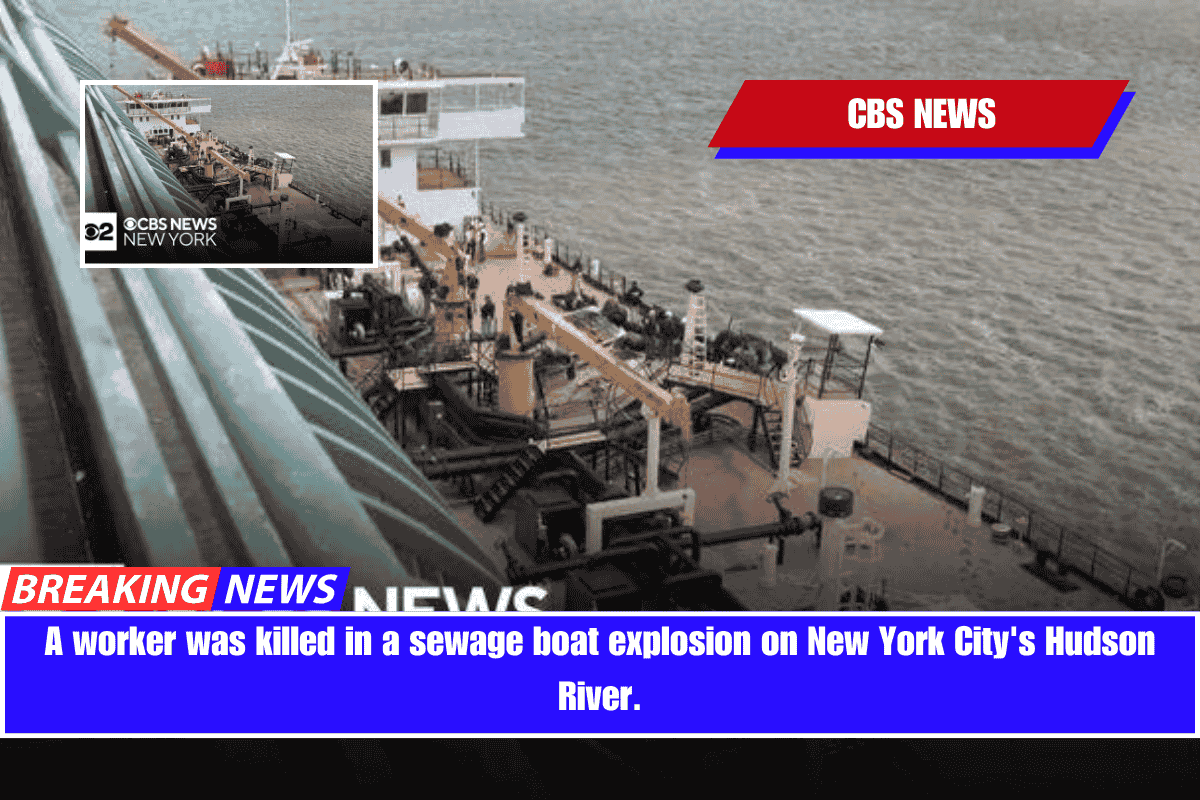
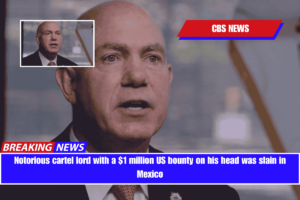
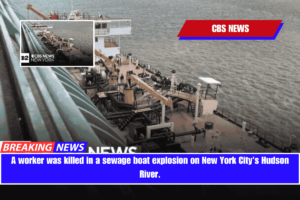
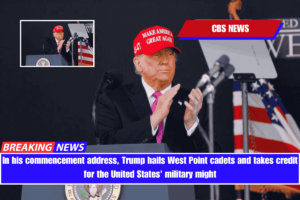




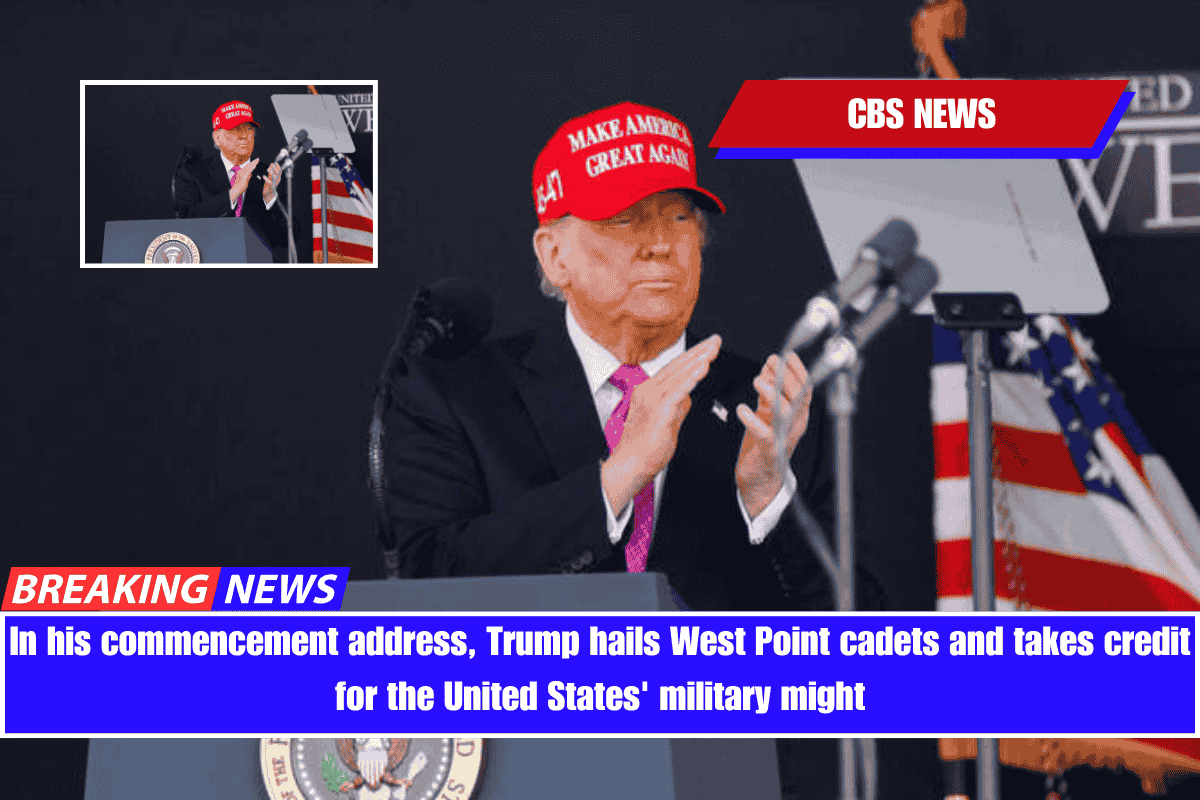
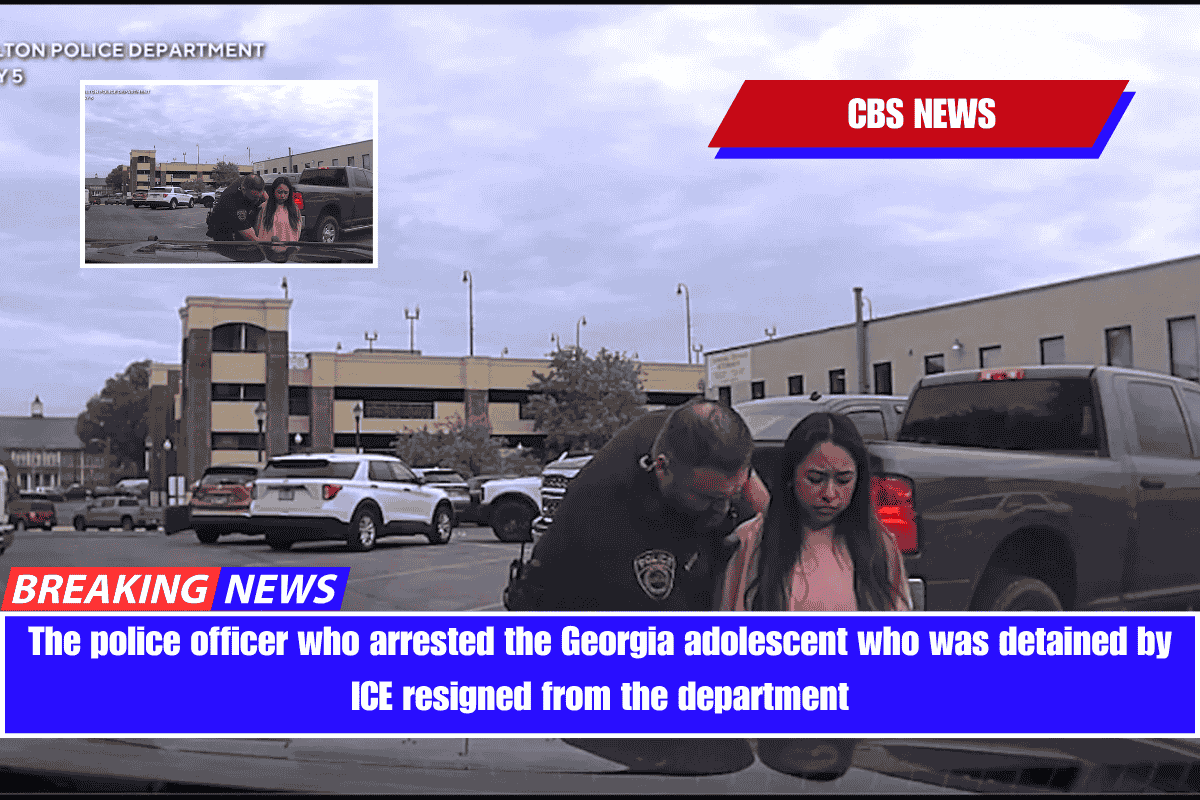


Leave a Reply